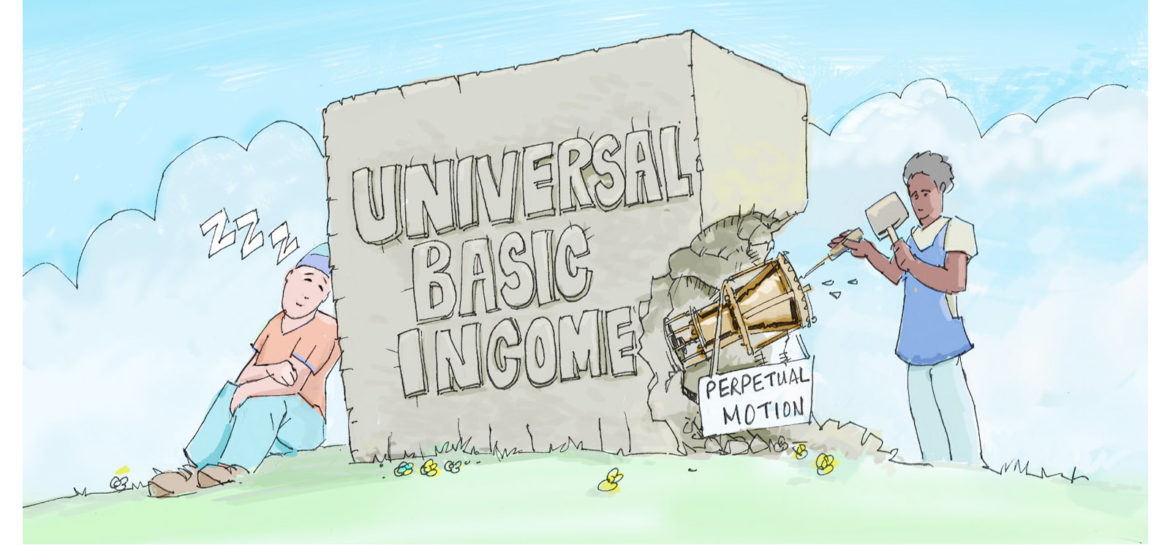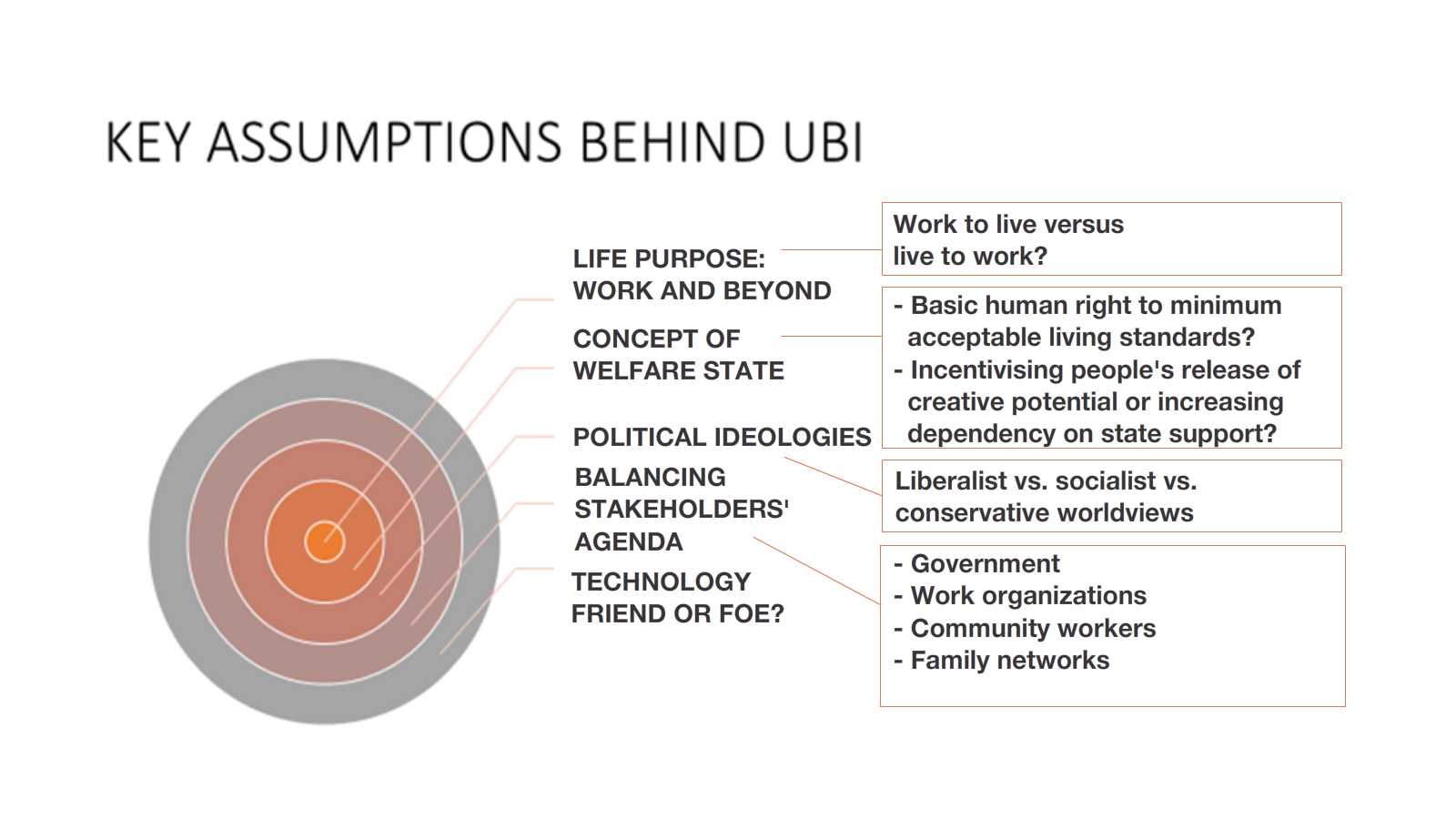Universal Basic Income: Panacea or Distraction?
Categories Case Studies and Stories from the Battlefield, Complexity, Systems Thinking, Thinking Capability
The idea of Universal Basic Income has caught the popular imagination. Richard Branson, Mark Zuckerberg and Elon Musk, among others, have jumped on to the bandwagon to promote its potential. Equally, there are others who see the idea as a short jump to creating future generations of people dis-incentivised to work. Who is right? Well, that depends on the conceptual foundation of your viewpoint and the key assumptions you make.
This article is not, by the way, about finding the right solution but about exploring how to think about the complexity of the challenge.
What is Driving the Argument?
Most media reports position the idea of UBI as a reaction to the impact of technology on low-skill-level work which would be transformed by mass automation. But is this another example of reacting to technological impacts rather than global leaders asking first, ‘what kind of world do we want to create, and how does technology help us to achieve that?’ If mass-automation technology were not on the cards, would we be debating the issue of UBI at all? Would it be sufficient, for example, to use the fast-growing gap between rich and poor as a reason to address socio-economic inequalities which could be alleviated by giving lower-income families a sufficient financial margin to be able to concentrate on improving their life chances?
6 Mind-Opener Questions to Expand Our Thinking
Continuing the theme of our various blogposts, that good decision-making relies on a deep understanding of the issues, here are some questions to stimulate your thinking:
- Beyond the technology question, what fundamental problems are we trying to solve?
- What could be the role of UBI in solving those problems?
- What are the key assumptions to consider?
- What are the risks we are prepared to take?
- What conditions, socially, politically and economically, need to exist for UBI to fulfil its purpose?
- What are the long-term implications of UBI?

How to Move Forward Without Getting Ahead of Ourselves?
Challenging the issue, re-defining it and allowing it to be explored through different lenses is necessary to ensure we don’t simply create a solution and then find ways to justify it.
If we don’t take the time to think first at a conceptual level before jumping into implementation issues and implications, we risk missing other opportunities and threats. Yes, it’s interesting to follow the pilot projects in Finland and Hawaii to judge the immediate effects of UBI (lower stress levels reported – but if UBI element is deducted from other eligible state benefits, what is the real margin of financial advantage?) but we are in danger of being distracted from the fundamental questions of the validity of the idea.
by Christine Baker
